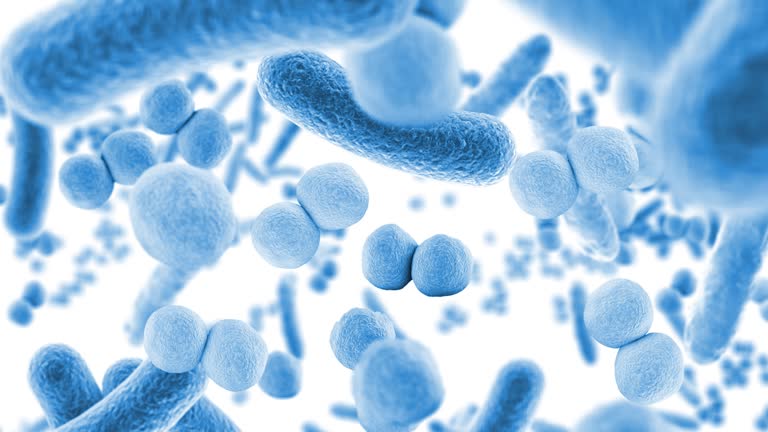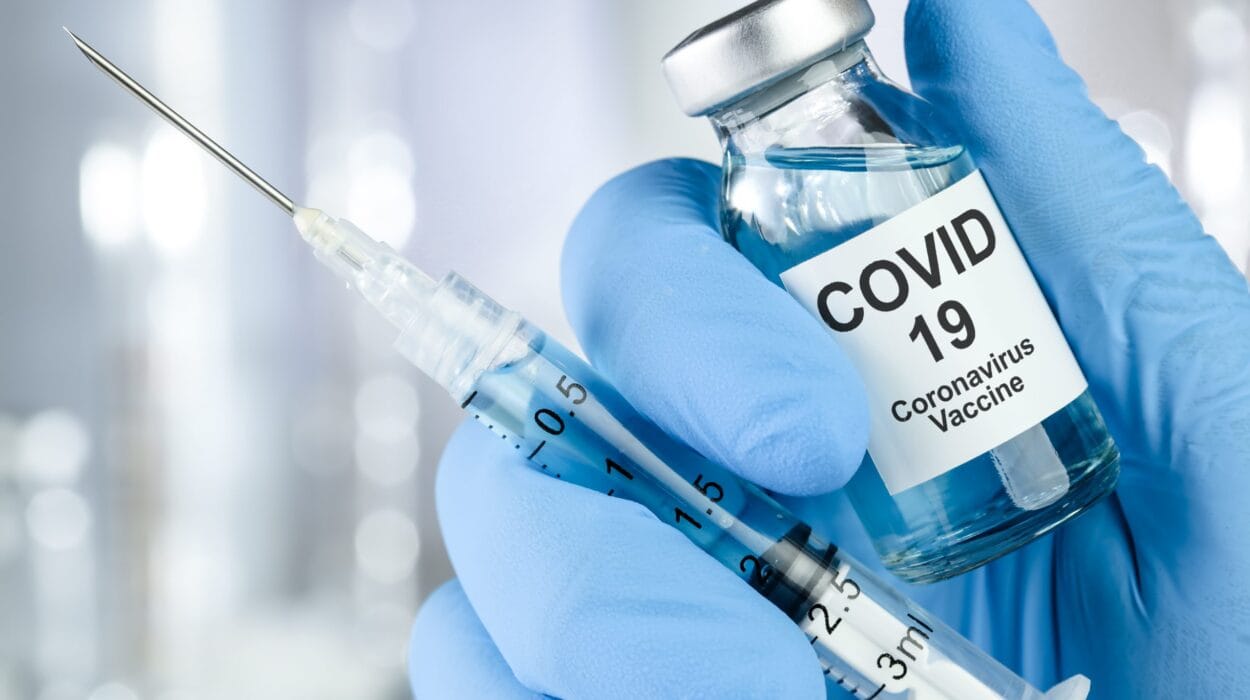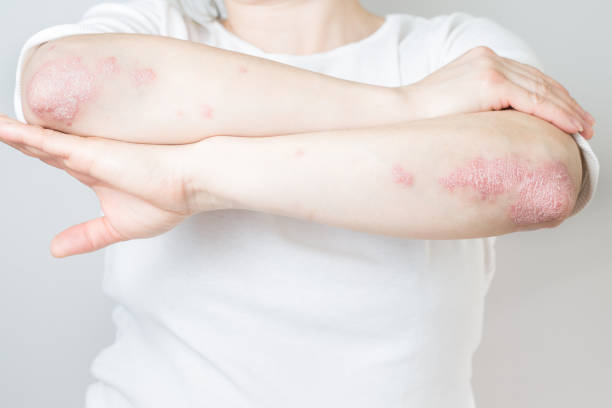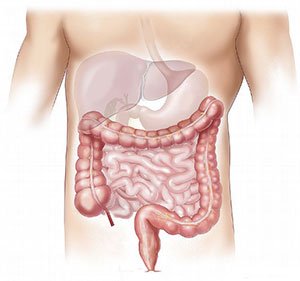What if the key to improving your mental well-being wasn’t just in therapy sessions or antidepressants—but in your gut? A groundbreaking study by Katerina Johnson and Laura Steenbergen, recently published in the journal npj Mental Health Research, suggests just that. Their work reveals a fascinating connection between the trillions of microbes living in our digestive tract and the way we feel, think, and process emotions.
By investigating the subtle but powerful impact of probiotics—those “good” bacteria found in yogurts, fermented foods, and health supplements—the researchers found compelling evidence that these microbes can help reduce negative feelings in healthy individuals. But they also went further: they began to uncover who benefits the most from probiotics and how these effects manifest on a daily basis.
Welcome to the frontier of the gut–brain axis, where science meets sauerkraut, and mood swings might just meet their match in a bottle of kefir.
Beyond Digestion: The Gut–Brain Connection
For years, we’ve associated probiotics with digestive health—an ally for beating bloating, restoring balance after antibiotics, or supporting immunity. But now, thanks to evolving research, a far more intriguing possibility is emerging: the gut as a gateway to the mind.
“The gut–brain connection provides various routes through which bacteria in the gut can influence how we feel and behave,” explains Johnson. “This includes communication via the vagus nerve, the immune system, and hormone signaling.”
This concept—once fringe—is gaining traction across neuroscience, psychology, and gastroenterology. It’s called the gut–brain axis, and it’s based on the idea that your gut microbiome acts like a silent but influential partner in how your brain works. Think of it as a second brain, teeming with microbial messengers that can subtly steer your mood, memory, and even your perception of the world.
The Study: Tapping Into Daily Emotional Patterns
Although animal studies have repeatedly shown that probiotics can influence brain chemistry and behavior, human studies have often been less conclusive. Some trials showed promise; others didn’t. Johnson and Steenbergen wanted to change that by designing a more sensitive, nuanced study—one that could detect emotional shifts as they unfolded in real time.
Their approach? Instead of relying solely on standard psychological questionnaires (which, as it turns out, often miss the mark when it comes to subtle emotional changes), they included daily mood reports. This allowed participants to track their feelings in the moment, creating a much clearer and dynamic picture of how their emotions evolved over time.
The study involved young, healthy adults who took a daily probiotic supplement for a month. These probiotics contained familiar strains such as Lactobacillus and Bifidobacterium—bacteria often found in fermented foods and over-the-counter supplements. A placebo group received an identical-looking capsule but without the active cultures.
The Results: Probiotics Reduce Negative Feelings—Without Numbing You Out
After just two weeks, something remarkable began to happen: participants who took the probiotics reported fewer negative feelings. These included reduced levels of stress, anxiety, fatigue, and depressive tendencies. Importantly, this shift wasn’t mirrored in the placebo group.
And here’s where things get really interesting: the probiotics didn’t flatten all emotions like some antidepressants can. Instead, they selectively reduced negative moods, leaving positive feelings untouched. In other words, you might feel less anxious or low—but just as happy and energetic.
“It is striking that by simply asking participants how they were feeling each day, we could detect the beneficial effects of probiotics on mood,” says Steenbergen. “In contrast, the standard psychological questionnaires that are common in this field were not sensitive enough to pick up these changes.”
This subtlety is crucial. Antidepressants, while life-saving for many, often come with side effects such as emotional blunting. The fact that probiotics appear to reduce negative mood without affecting positive emotions suggests a potentially gentler, more targeted approach to emotional regulation.
Probiotics Aren’t a Replacement for Antidepressants—But They May Be a Powerful Companion
It’s worth noting that the researchers aren’t pitching probiotics as a cure-all for mental illness. “We stress that probiotics should not be considered a substitute for antidepressants,” Steenbergen cautions. Antidepressants are often essential for people with clinical depression or anxiety disorders, and the gut-based approach should be seen as complementary, not competitive.
However, the potential here is significant. The timeline of effects—beginning at around two weeks—is similar to that of common antidepressants. And unlike pharmaceuticals, probiotics are generally well-tolerated, with few side effects and no need for a prescription.
Could this herald a new era of integrative mental health care, where psychobiotics (probiotics for the brain) sit alongside cognitive therapy and medication? The answer lies in future research, but this study is a bold step forward.
Who Benefits the Most?
One of the most fascinating aspects of Johnson and Steenbergen’s research is their effort to understand who experiences the most benefit. Using psychological profiling, they identified that individuals with certain traits—especially a tendency toward risk avoidance—were more likely to experience mood improvements from probiotics.
This insight opens up exciting possibilities for personalized mental health interventions. Just as genetic testing can guide cancer treatment, perhaps one day we’ll use personality profiles to tailor probiotic-based therapies for emotional well-being.
Additionally, the researchers found hints that probiotics might enhance emotional perception. Participants who received probiotics were slightly better at recognizing facial expressions—an essential skill in social and emotional functioning. This suggests that the gut microbiome may influence not just how we feel, but how we interpret others’ feelings as well.
The Future of Mood-Boosting Microbes
While these findings are exciting, many questions remain. How exactly do probiotics influence the brain? Are certain strains more effective than others? What happens when probiotics are taken for longer periods—or by people with existing mood disorders?
“There is still much we don’t understand,” says Johnson. “But perhaps in the future probiotics could be used in a targeted way as an early intervention to reduce the chances of negative feelings progressing to mental health conditions such as depression, though more research would be needed to confirm that.”
Indeed, the prospect of using probiotics as a low-risk, accessible way to support emotional resilience is tantalizing. Unlike pharmaceutical treatments, probiotics are easy to incorporate into daily life through foods or supplements—and they come with added digestive perks.
Sometimes the Simplest Questions Matter Most
Perhaps the most poignant takeaway from this study isn’t just about bacteria, but about how we understand and track mental health.
“In an attempt to delineate the complexity of the human brain and emotion, we cannot lose sight of asking the obvious,” the researchers conclude. “Sometimes the most simple questions reveal the most meaningful answers.”
By inviting participants to reflect on their mood each day, Johnson and Steenbergen uncovered subtle yet profound shifts—shifts that could pave the way for new tools in emotional care.
So the next time you stir a spoonful of yogurt or sip on kombucha, consider this: You might be doing more than feeding your gut—you could be feeding your mental well-being too.
Reference: Katerina V.-A. Johnson et al, Probiotics reduce negative mood over time: the value of daily self-reports in detecting effects, npj Mental Health Research (2025). DOI: 10.1038/s44184-025-00123-z






